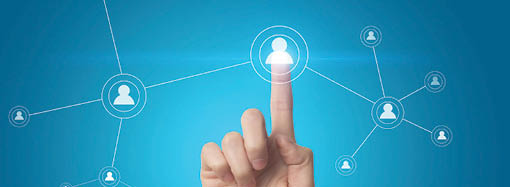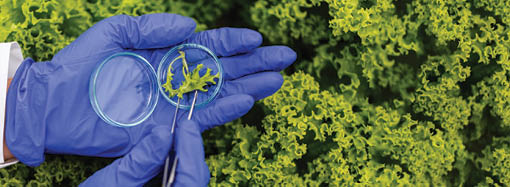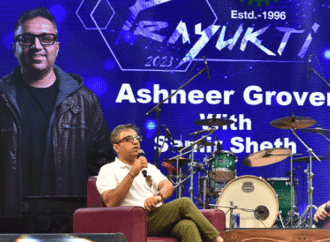Computer Applications is concerned with the optimised application of computing technology, both hardware and software, in information system based problem-solving activities across all endeavours of the modern age – be it in science, or engineering & technology, or the arts, or otherwise. Its domain is the same as that of its mother discipline:
Computer Science and it shares almost all of its content with its siblings, the disciplines of Computer Science and Engineering and Information Technology, whereby technology is taught along with the required doses of management, ethics and environmental awareness to create successful software engineers. It has however an inherent advantage of being a master degree course: it directly enables students to appear for PhD entrance exams and for jobs like teaching in which a master degree is a must. In keeping with the spirit, the goals and the motto of Haldia Institute of Technology, the department strives to induce its students with a thirst for knowledge and perfection, with a sense of global competition, and with a sense of belonging and pride towards their institute.








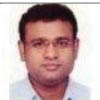

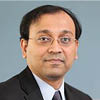






























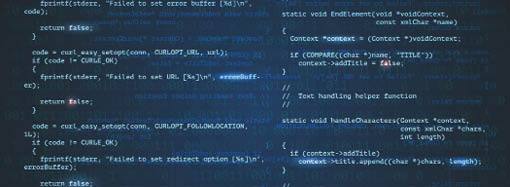
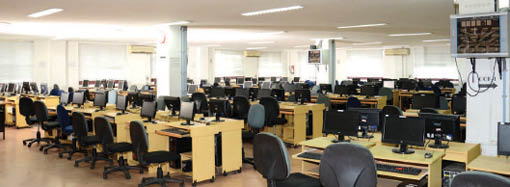

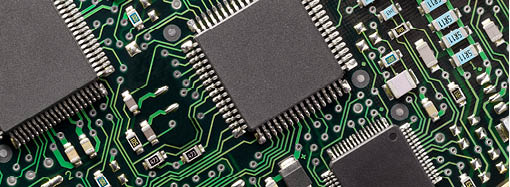
.jpg)
.jpg)
.jpg)
